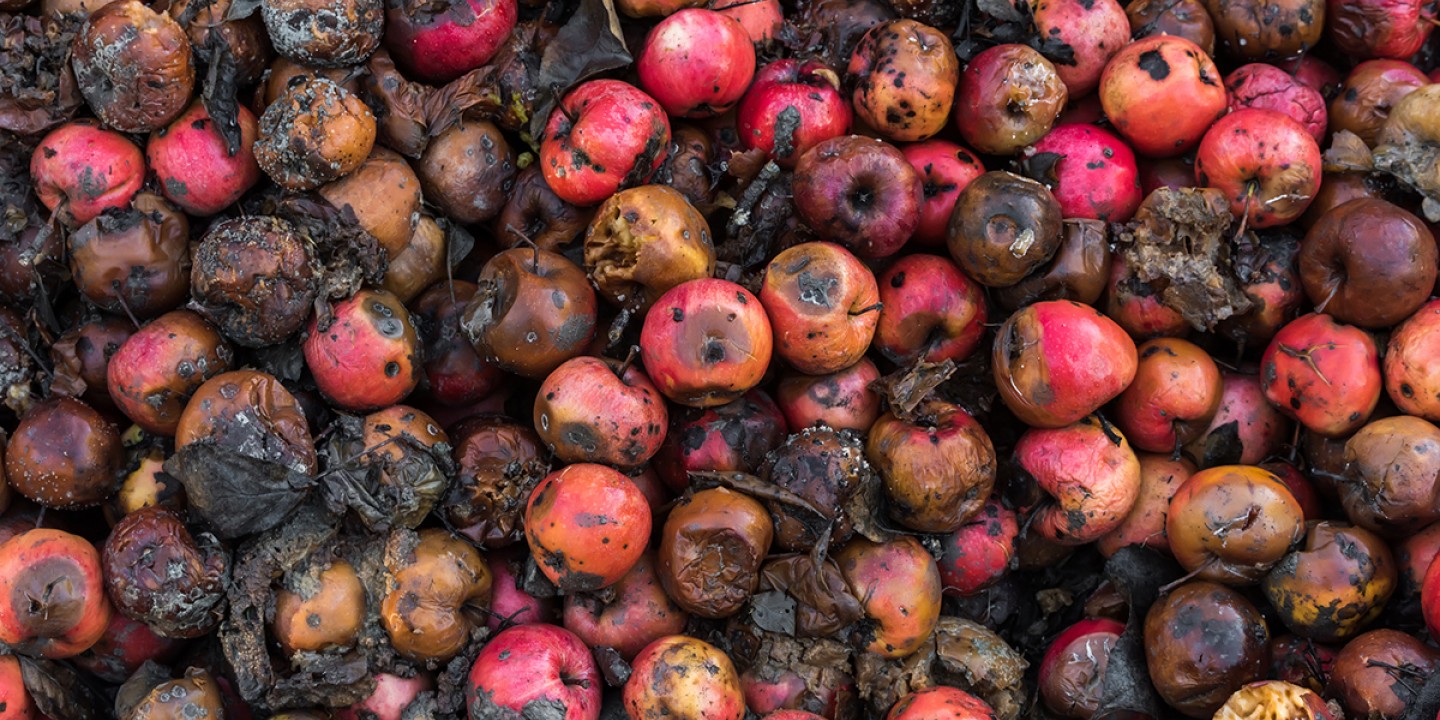The Derek Chauvin trial held one bad-apple cop accountable
But what about the rest of the barrel?

In the trial of Derek Chauvin, the prosecution’s witnesses included several police officers, from peers of George Floyd’s killer to upper brass. Their testimony against Chauvin, in a trial that resulted in a guilty verdict on murder charges, may indicate some loose bricks in the blue wall of silence that has so often protected cops from what other cops know about them.
But in testifying against Chauvin, these officers also created a narrative in which he and his crime are distant from them and their work. Are there broader problems with policing in Minneapolis? No doubt these officers’ views on that question vary. But this trial was narrowly about keeping one cop accountable to existing expectations, such as they are.
Read our latest issue or browse back issues.
This is a fine strategy for getting a jury to convict an officer for a single, egregious act. But it avoids the larger problems policing poses to Black Americans and other people of color. It takes as given that Chauvin was an isolated actor—what is often called a bad apple.
This trope of killer cops as lone bad apples is a polarizing one in today’s political climate. Did Floyd die because Chauvin dishonored his badge or because broader policing culture dishonors Black humanity? Opinions are fiercely split.
Yet both things can be true. At the level of cultural analysis the individualistic tends to compete with the systemic, but in reality individual and systemic problems feed and reinforce each other. The system is made up of individuals; those individuals are formed by the system. Yes, Derek Chauvin was a bad apple. But the original expression, which goes back at least to Chaucer, is that a bad apple “spoils the barrel.” The problem is both individual and systemic, rot creating rot.
The United States badly needs systemic police reform. This is about what we rely on police for but also how they approach that job. A crackdown on pretextual traffic stops would reduce the opportunities for racial profiling and violent incidents like the one that killed Daunte Wright on April 11, ten miles from the ongoing Chauvin trial. Banning chokeholds might save the life of the next George Floyd; clamping down on no-knock warrants might save the next Breonna Taylor. Stricter rules for the use of force would prevent many dangerous situations from escalating in the first place.
These provisions and others are included in the George Floyd Justice in Policing Act, which the House of Representatives passed on a party line vote in 2020 and again this year. Some activists think the bill should go further. But it’s struggling to get through the Senate as is. If it does, it will be a very solid start for police reform.
Meanwhile, we also need individual officers to be reliably held accountable—both to current law and to future reforms. The Chauvin conviction is a win on this front, and it may even represent a turning point. But the related systemic problem is just as real, just as pressing—and it still looms.






